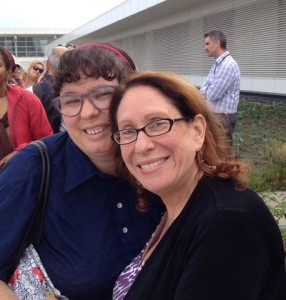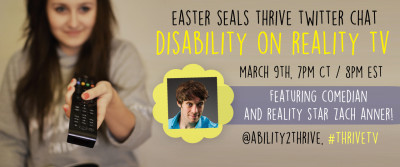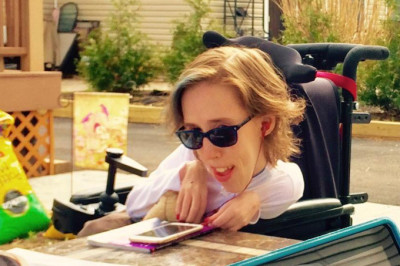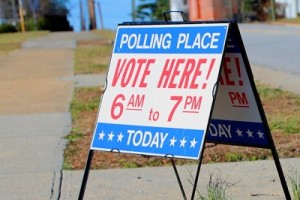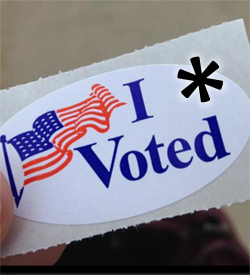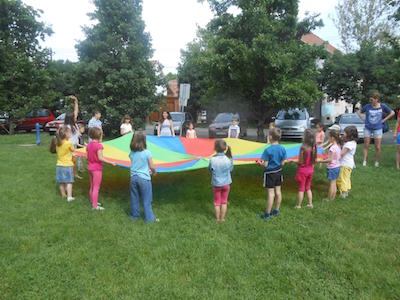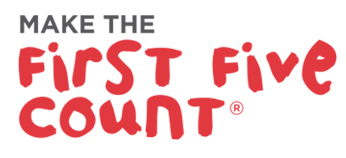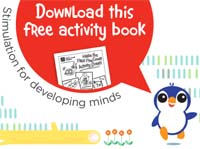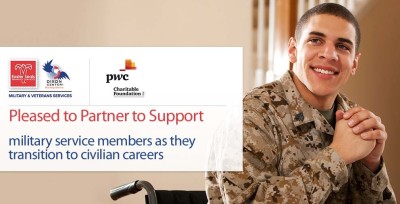by Beth Finke
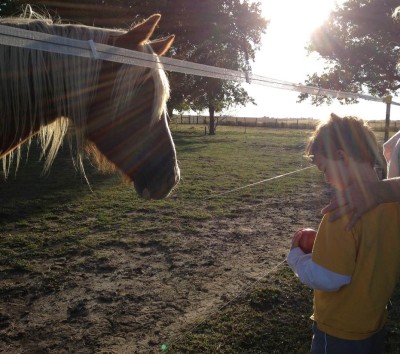 I am pleased to introduce Katherine (Katie) Riegel as a guest blogger today. The author of two books of poetry and a collection of essays, Katie is a writer, poet, blogger, educator, meditator, animal lover, and Anglophile who lives in Memphis, Tennessee.
I am pleased to introduce Katherine (Katie) Riegel as a guest blogger today. The author of two books of poetry and a collection of essays, Katie is a writer, poet, blogger, educator, meditator, animal lover, and Anglophile who lives in Memphis, Tennessee.
by Katherine Riegel
I’ve been helping my sister as a horse leader for Healing Horse Stables (her therapeutic riding center in central Illinois) for a couple of years now, and have led the horse for a girl named Isannah there many times.
Isannah is blonde and has Down syndrome, and every single time she comes out she sings a song to her horse. She’s the best rider of her group, so she gets the biggest horses, or the ones with a little more character. That leaves the always-calm “teddy-horses” to the other riders. Isannah has ridden Melody, Gwynna, Trooper, Buster, and they all flick their ears back to listen to their own names in the song during the first two loops around the arena.
I love Isannah’s joy and the specific connection she makes with her horse. And I love Isannah, even when she’s saying “no” to my sister’s suggestion that she reach up to push the balls hanging from the ceiling of the arena, a coordination-improving exercise she’s done numerous times before. This little girl is stubborn when she gets uncertain or tired. “No” is her most frequently used word.
In this stubbornness she is joined by Melody, the old mare who was our mother’s horse before my sister inherited her. Melody, 26 years old, has her own ways of saying “no,” and as she nears retirement she says it more and more. She skips sideways, stops without warning, tosses her head. Or at least she does except when Isannah is riding.
When Isannah is riding Melody, the two strong-willed girls meet in respect and affection. Melody walks along — mostly — like the gentle old lady she is. Isannah has good balance, and that helps. But I think Melody is calmest with Isannah because she is like our mother. Because most of the time, even when Isannah says “no,” she still reaches up and taps the ball, or puts the rings on the peg.
The world isn’t always easy, and Isannah insists on having a say in how she will interact with it. She can do it. She will do it, what’s required of her. Despite being led, she’s controlling this great beast underneath her, and she will decide what to do while on it.
Our mother was the driving force of our lives. My sister is named after her — Dorothy, though she goes by Dorey, as our mother went by Dinny, and her mother by Dot. Dorey started this therapeutic riding center with the two horses our mother left behind when she died, and the knowledge and determination she got helping our mother with the horses when we were kids. Dorey started Healing Horse Stables with little more than love—her love for horses and kids and people who could use some help and healing.
There’s science behind equine-assisted activities and therapies. Some kids on the autism spectrum only speak when they’re with the horses. Some children develop stronger core muscles — you can see them sitting up straighter — just from being led around on horseback for 30 minutes once a week.
But really it’s love that makes it work. The love between a stubborn old horse and a stubborn young girl. The love that girl’s parents have for her, to bring her out to the barn, summer and winter, so she can have a bigger experience of life. The love I have for my sister, to help when I can and wish so hard for her dream to keep going. The love we learned from our mother, who knew that what you give to the world, you get back a thousandfold.
Related Resources:
Easter Seals has horse therapy programs in Pennsylvania. See if the Easter Seals in your area has animal therapies by connecting here.
Growth, development and at-home exercises for children with Down syndrome.
 I wrote a post earlier this month about times I’ve had problems accessing the talking voting machines at our local polling place. The Illinois primary is tomorrow, and this time I’ll head to the booth armed with phone numbers of hotlines ready to help people with disabilities who have problems voting :
I wrote a post earlier this month about times I’ve had problems accessing the talking voting machines at our local polling place. The Illinois primary is tomorrow, and this time I’ll head to the booth armed with phone numbers of hotlines ready to help people with disabilities who have problems voting :






